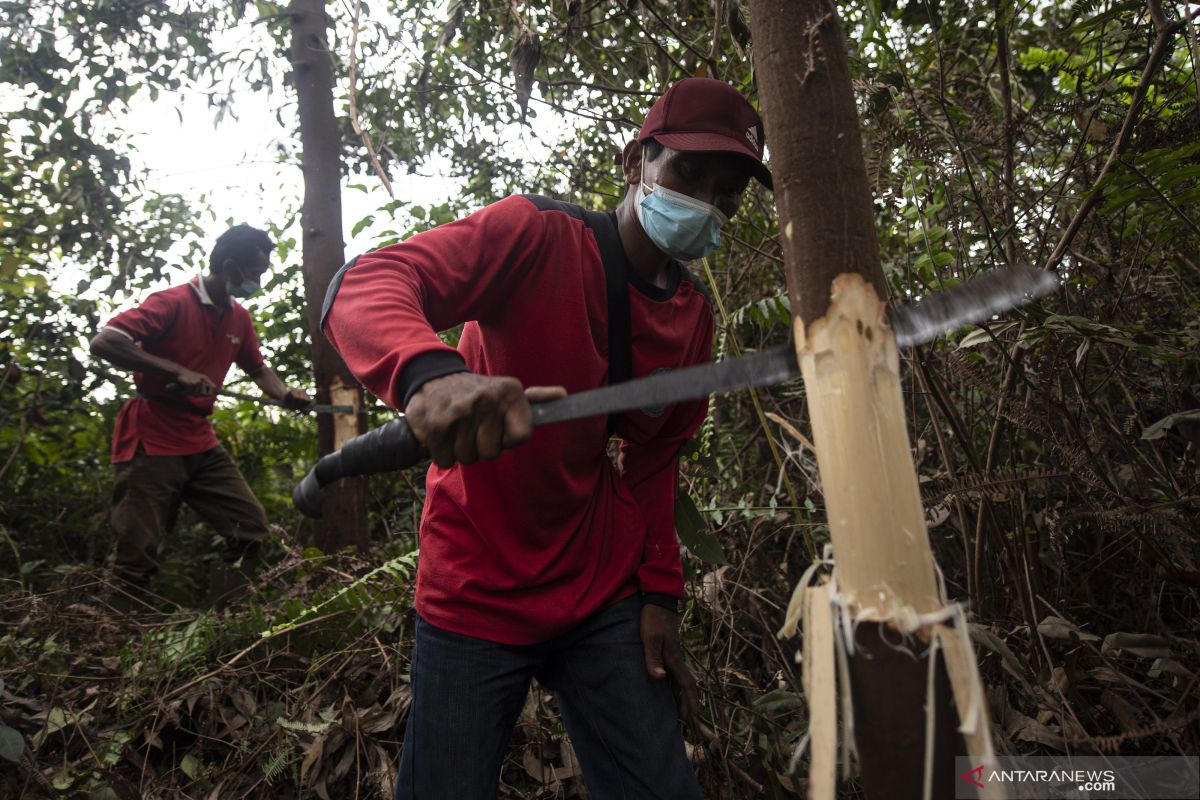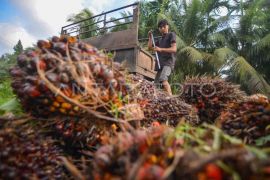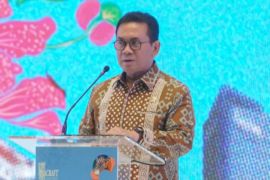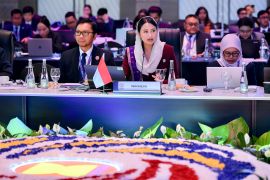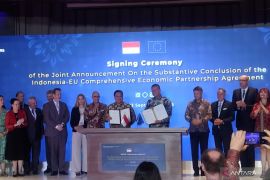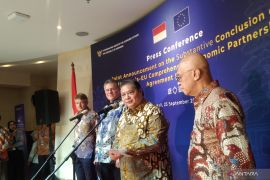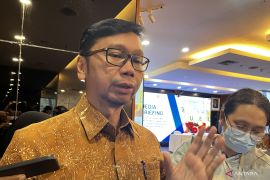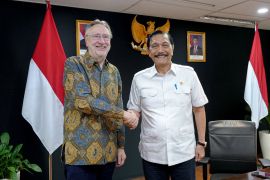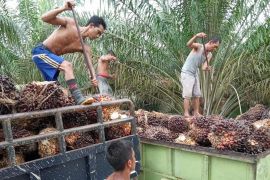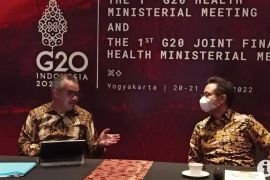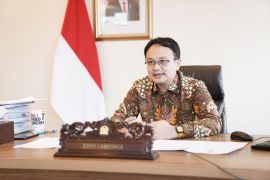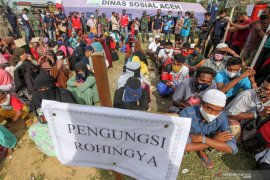The kick-off meeting of the Ad Hoc JTF was conducted on August 4 in Jakarta.
The meeting was co-chaired by Deputy Minister for Food and Agribusiness at the Coordinating Ministry for Economic Affairs of Indonesia, Musdhalifah Machmud; Secretary General, Ministry of Plantation and Commodities of Malaysia, Dato’ Mad Zaidi bin Mohd Karli; and Director for Green Diplomacy and Multilateralism at the European Commission, Astrid Schomaker.
The co-chairs underscored their agreement to seek common interests between producers and consumers of plantation crops, according to a joint press statement between Indonesia, Malaysia, and the EU received here on Saturday.
“The Ad Hoc JTF aims to address concerns raised by Indonesia and Malaysia pertaining to the implementation of the EUDR and to identify practical solutions and approaches relevant to the implementation of the EUDR,” it said.
The Ad Hoc JTF will establish a dialogue and relevant work streams led by the respective governments to build mutual understanding on the implementation of the regulation.
The meeting also agreed to the terms of reference for the Ad Hoc JTF, which include work on issues such as inclusivity of smallholders in the supply chain, relevant national certification schemes (land legality and cut-off date for deforestation), traceability from producer to end-consumer, scientific data on deforestation and forest degradation, and protection of data.
The Ad Hoc JTF will conclude its work by the end of 2024, and its term could be extended upon mutual agreement.
The European Commission has adopted EUDR to curb the EU market's impact on global deforestation and forest degradation around the world.
The EUDR requires all exporters to verify that their products have not been obtained through deforestation or from plantations built by clearing forest areas. Exporters would be fined if they violate the rule.
The commodities covered by the regulation include palm oil, cattle, wood, coffee, cocoa, rubber, and soy. The rules also apply to a number of derived products such as chocolate, furniture, and printed paper.
The regulation applies a benchmarking that classifies countries into three categories based on low, standard, and high risk of deforestation.
The Indonesian government has protested against the EUDR policy, which it considers highly unjust as it will affect national products, most of which are exported to Europe, such as coffee, palm oil, pepper, cocoa, and rubber.
Related news: EU environmental protection policies inconsistent: minister
Related news: Indonesia invites affected countries to oppose EUDR policy: Minister
Related news: Indonesia mulls diverting palm oil exports to Africa over EUDR
Reporter: Shofi Ayudiana
Editor: Sri Haryati
Copyright © ANTARA 2023
